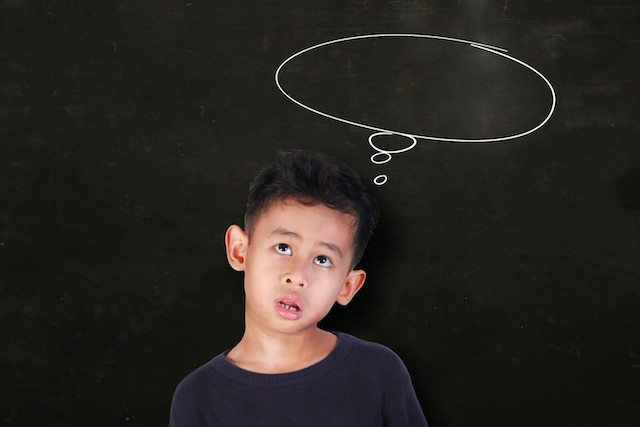Escape room games are becoming more and more popular as entertainment options across Singapore. Basically, escape games are adventure games where you and your family or group of friends are put in a room and must crack puzzles using logic and creative thinking as well as putting together clues to find a way out of the room within a prescribed time frame.
The history of escape rooms dates back to the 1980s during the release of point and click computer video games, in which participants had to use their immediate environment to flee imprisonment. Of course, experiencing the escape game in real life surpasses the offerings of a video game.
Apart from being a fun attraction, escape rooms are also renowned for their wide range of cognitive benefits to students and learners. Solving puzzles has always been known to help in boosting the mental functions of the human brain. Since escape rooms are physical puzzles, they offer similar, related psychological benefits. Keep reading to find out what they are.
Better memory
Your child will develop better memory by taking part in escape rooms. A lot of escape rooms tax your short-term memory to identify, recognise and recollect clues, objects, and riddles. The adage ‘practice makes perfect’ fits best in this instance. Solving the challenges using this information facilitates and reinforces psychological connections that boost thinking processes as well as speed. Brains of all ages, especially young acquiescent minds, will benefit from solving the challenges.
Increased creativity
Escape room games also boost creativity. A lot of the puzzles of escape rooms demand out of the box thinking to decode, consequently promoting creative thinking to arrive at the solution. Experimenting with several possible solutions also promotes the application of the scientific method, to develop a theory and test its validity. Thus, even inaccurate answers or failing to decode the puzzle could provide helpful creative thinking practice that can be applied to almost any field in the future to address varying problems.
Whole brain approach
Escape room puzzles usually require learners to analyse the challenge from both micro and macro levels concurrently. This promotes the use of the whole brain approach, which involves the application of several regions of the brain to solve the challenge. This forces the user to squeeze as much cognitive ability out of his brain as possible.
Dopamine production
Similar to any physical or mental challenge, successfully breaking out of the escape room gives you a feeling of joy and satisfaction. The chemical release of dopamine is associated with those good feelings.
Focus
Participating in an escape room improves the focus of the participant due to the time constraints. Participants only have a set time frame in which to crack the puzzle. If the time elapses, that’s it; there are no second chances unless you pay again. Thus, participants need to focus on the challenge and work smart to figure it out. Any distractions reduce your chances of finishing the game. Hence, your focus is crucial.
Goal-minded
Many people, especially students, have trouble setting goals for themselves. The good thing about escape rooms is that they have them such a structure in place. Participants can set proper objectives by focusing on smaller ones during the challenge. There’s a feeling of joy for each fulfilled goal or objective. This is a good tactic to instil in your child. If they set objectives in life and work hard towards them, they’ll be rewarded.
Note that the cognitive benefits for any particular child depend on various factors, including the motivation to play the game and dedication. Moreover, taking part in several escape rooms is more favourable than just completing one.



